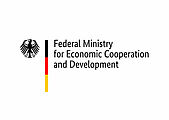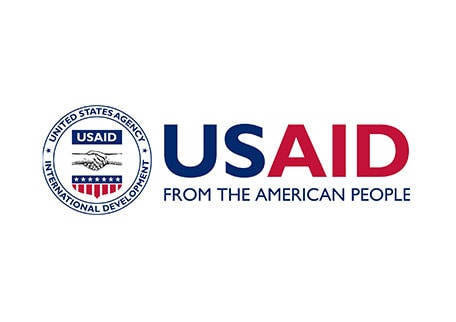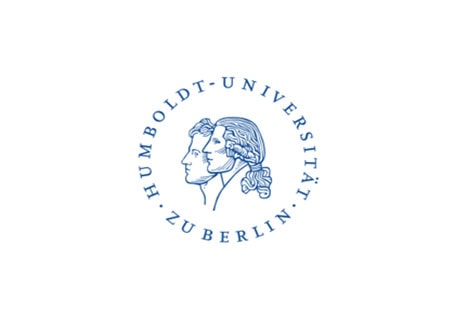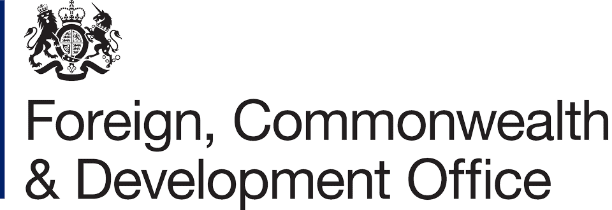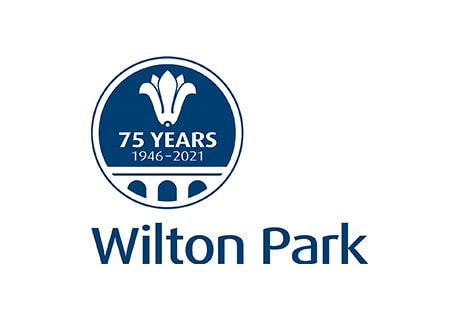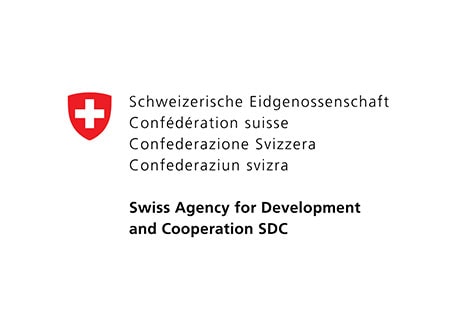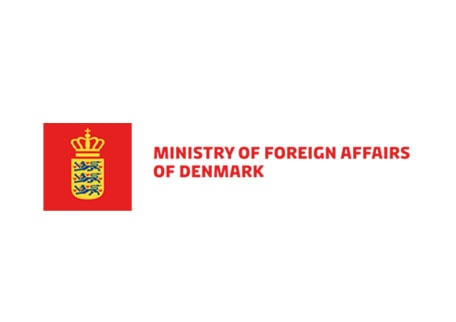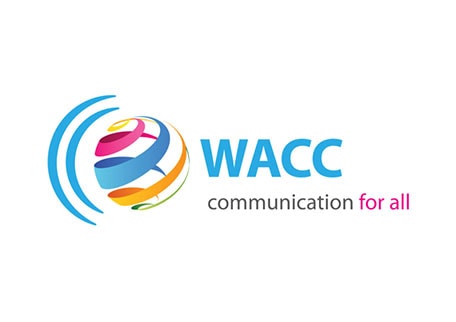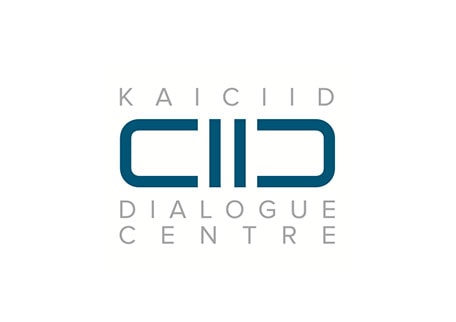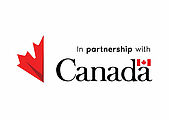Knowledge Center
The PaRD Knowledge Centre is a collection of relevant resources on religion and sustainable development. It includes reports, policy papers, booklets, journals, e-books and compendia.
PaRD invites everyone to submit resources by writing an email with the subject “Publication for PaRD Knowledge Centre” to info@pard.international. Please include title, date of publication, teaser, author/editor, and attach the subsequent document.
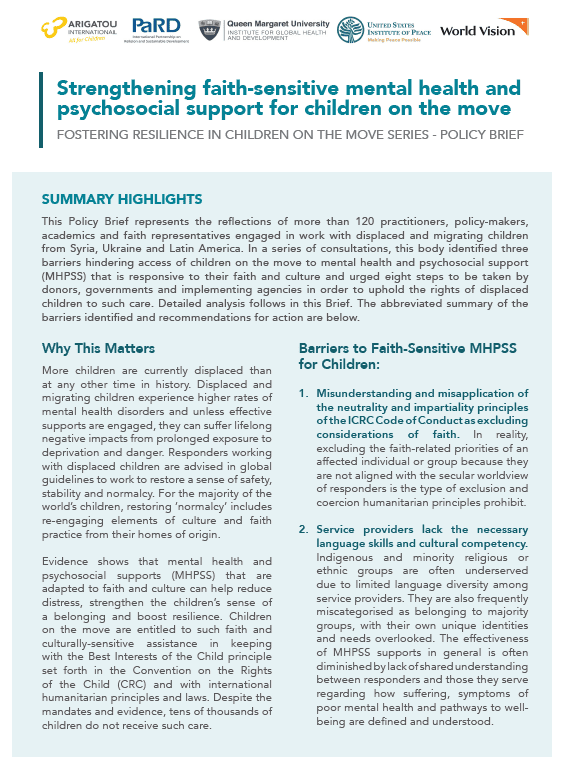
Strengthening Faith-Sensitive Mental Health and Psychosocial Support for Children on the Move
This policy brief published in September 2023 provides recommendations for strengthening faith-sensitive MHPSS in order to foster resilience in displaced children. © 2023 PaRD
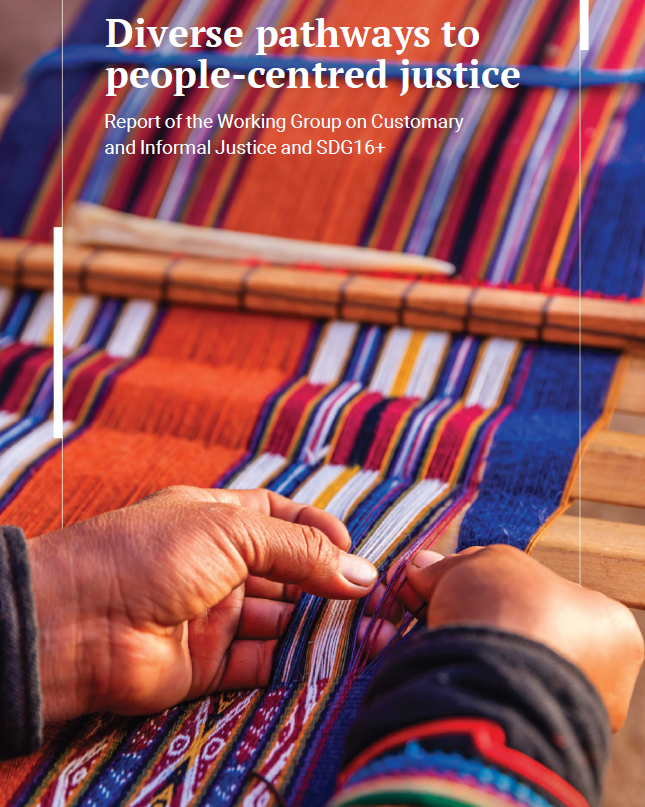
Diverse Pathways to People-Centred Justice
This report sets out a constructive way forward to achieve greater engagement with the empirical reality of customary and informal justice (CIJ) and – in appropriate cases – engagement with CIJ. PaRD members partcipated in a multi-religious consultation in 2023 to help inform this report of the Working Group on Customary and Informal Justice and SDG16+. © 2023 IDLO
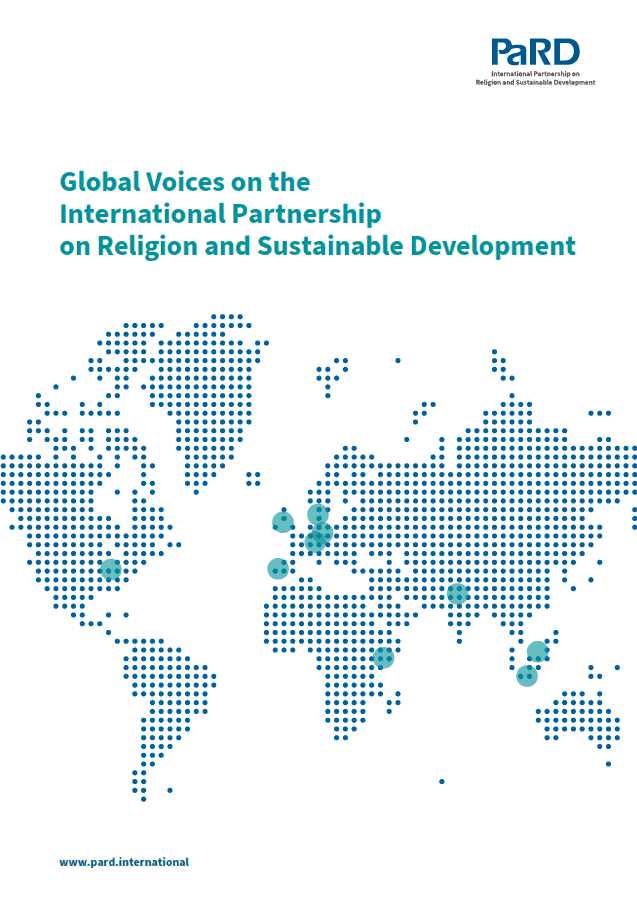
Global Voices on the International Partnership on Religion and Sustainable Development
Discover a collective narrative from 10+ voices within the International Partnership on Religion and Sustainable Development, revealing the profound connections between faith and sustainability. © 2023 PaRD
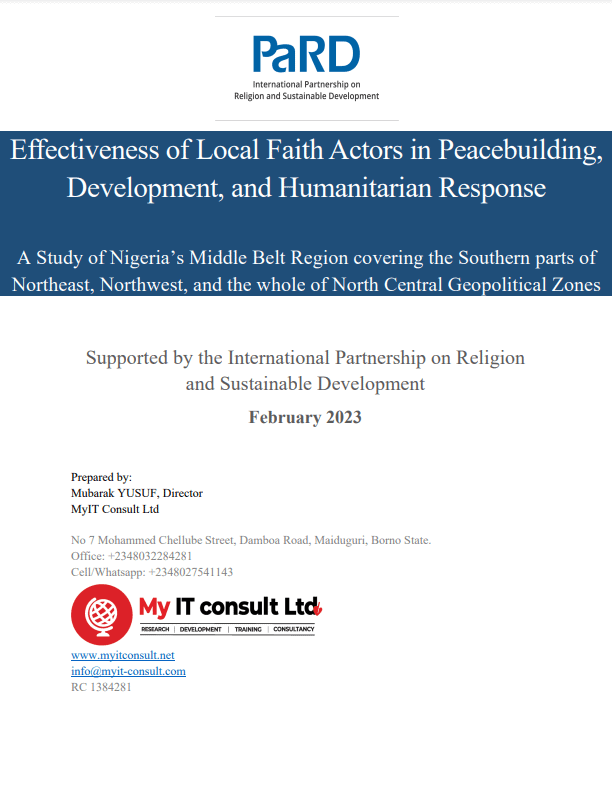
Effectiveness of Local Faith Actors in Peacebuilding, Development, & Humanitarian Response
This report explores the role of local faith actors in achieving SDG 16 based on research conducted in Nigeria’s Middle Belt region. © 2023 PaRD
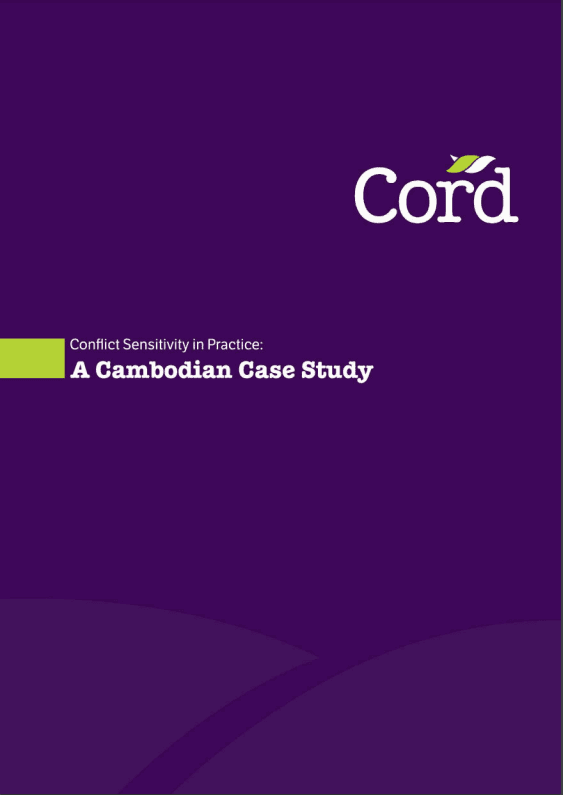
Conflict Sensitivity in Practice: A Cambodian Case Study
This publication has been produced by Cord with the support of the European Union and the Swiss Agency for Development Cooperation (SDC). © 2023 Cord
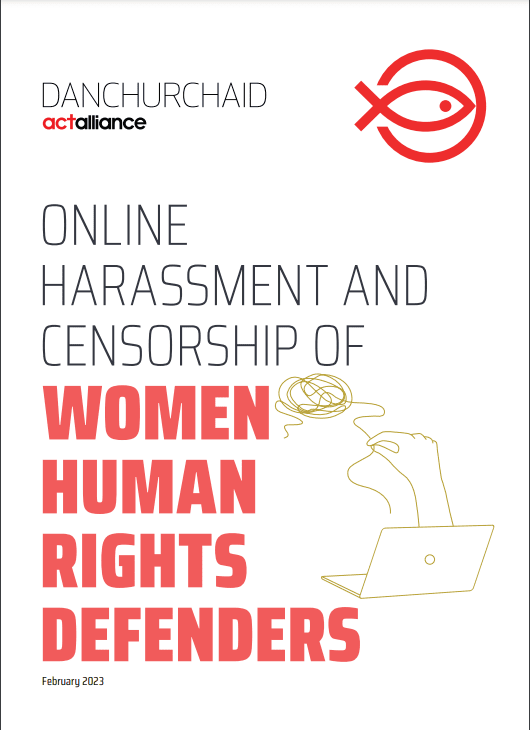
Online Harassment and Censorship of Women Human Rights Defenders
This report outlines the scope of online harassment directed at Women Human Rights Defenders (WHRDs). It also provides recommendations of actions to be taken by various actors, including religious actors, to combat online harassment and ensure a strong, inclusive democratic debate online. © 2023 DanChurchAid
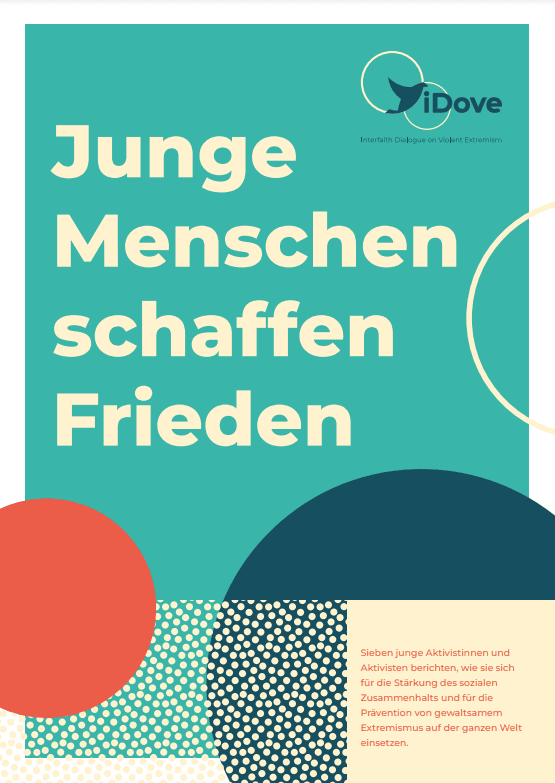
Junge Menschen Schaffen Frieden
In this brochure, seven iDovers tell their personal stories and how they contribute to understanding and cohesion with their religiously motivated commitment. © 2022 iDove
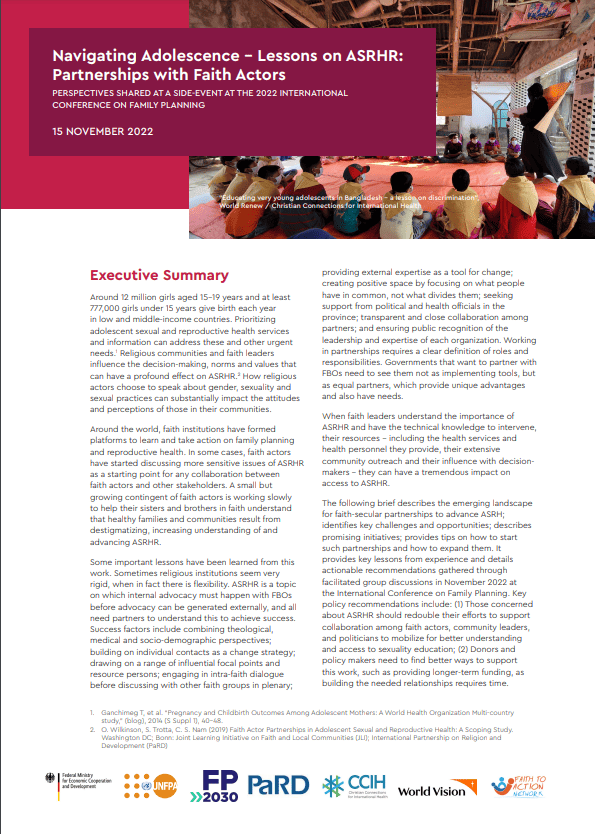
Navigating Adolescence – Lessons on Adolescent Sexual Reproductive Health: Partnerships …
Perspective shared at a side-event at the 2022 International Conference on Familiy Planning (ICFP). © 2023 PaRD
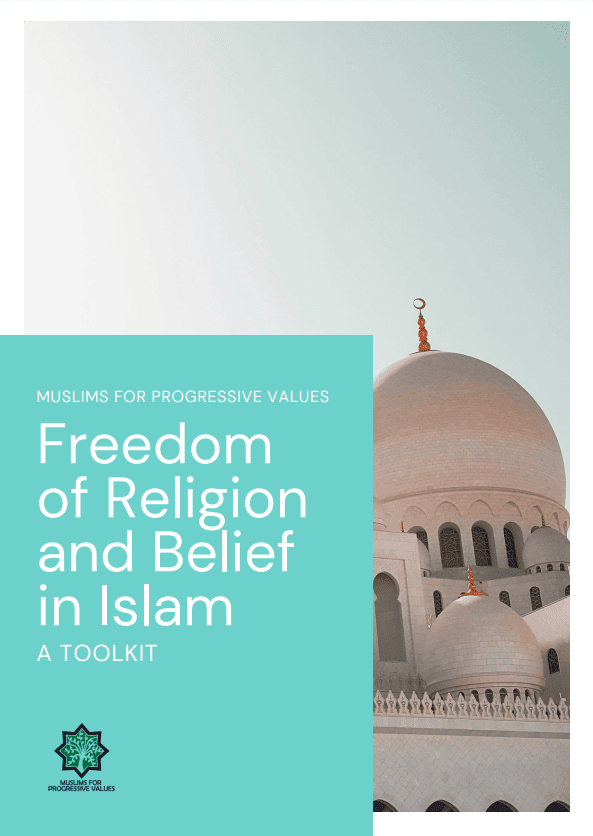
Freedom of Religion and Belief in Islam. A Toolkit
This toolkit was created to be an argumentation aid for those Muslims who, in Muslim contexts, are discriminated against and accused of being false believers because of their expressions of thought and opinion. © 2022 Muslims for Progressive
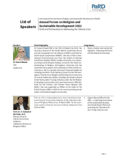
List of Speakers | PaRD’s Annual Forum on Religion and Sustainable Development 2022
This list gives an overview of speakers at PaRD’s Annual Forum on Religion and Sustainable Development 2022. © 2022 PaRD
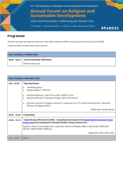
Programme | PaRD’s Annual Forum on Religion and Sustainable Development 2022
Programme of PaRD’s Annual Forum on Religion and Sustainable Development 2022 © 2022 PaRD
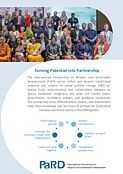
PaRD – Turning Potential into Partnership (print@home)
This flyer (print@home version) gives a brief introducation and overview of the International Partnership on Religion and Sustainable Development’s (PaRD). © 2022 PaRD
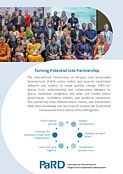
PaRD – Turning Potential into Partnership (online version)
This flyer (online version) gives a brief introducation and overview of the International Partnership on Religion and Sustainable Development’s (PaRD). © 2022 PaRD
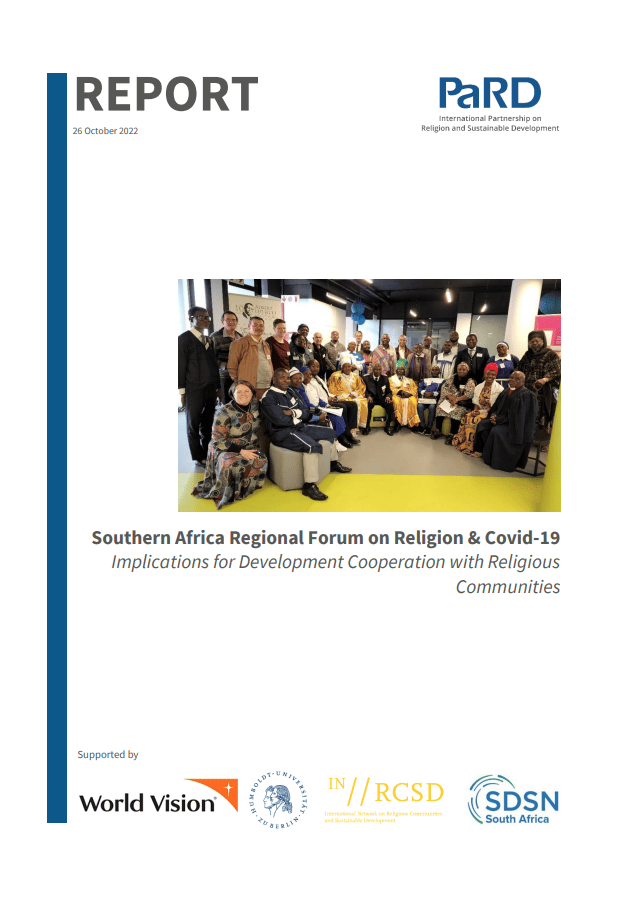
Southern Africa Regional Forum on Religion & Covid-19
This report summarises key findings on the role of religious actors in the Covid-19 response in the Southern Africa region and its implications for working with religious actors towards sustainable development. © 2022 PaRD
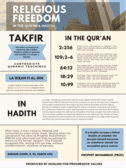
Religious Freedom in the Qur’an & Hadith
This document provides a brief overview of the scriptures of Islam that support the right to religious freedom. © 2022 Muslims for Progressive Values
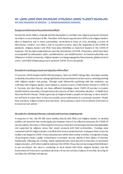
USAID COVID-19 Case Study Tanzania
Key lesson learnt from engagement of religious leaders to create demand for uptake of COVID-19 vaccine – a case study from Tanzania © 2020 USAID

